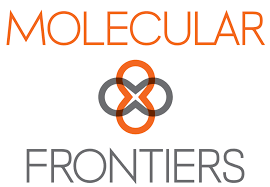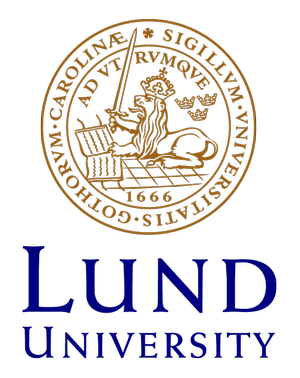Tune in to the conference by viewing the live stream broadcast
On Human Origins and the Future of Humanity
April 18-19, 2024
Lund University | Lund, Sweden
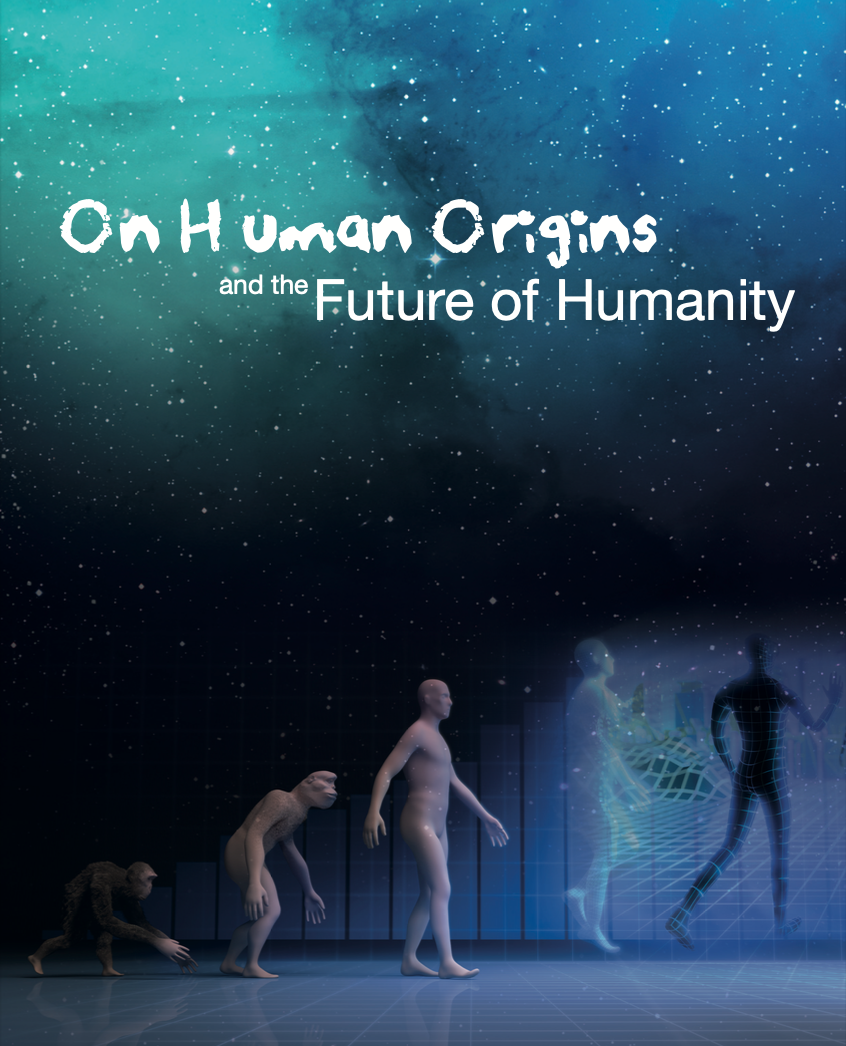
The symposium On Human Origins and the Future of Humanity will take place April 18-19, 2024, in the 50th year of the discovery of Lucy by Prof. Donald Johanson who will be one of a number of keynote speakers. Johanson’s discovery forever changed mankind’s view of ourselves. The program will delve into the origin of life itself and will highlight further and recent developments in the understanding of our genetic heritage, evaluating how mankind has evolved and what new scientific discoveries and technologies will mean for human life going forward. The program will consider where humankind is potentially headed given new scientific understanding and discoveries, that offer the abilities to extend life and human capabilities. We will look at our place as a species, in terms of time, our role in nature, in tangent with the many challenges and opportunities that lay before us, such as ecological instability, species extinction and procurement and allocation of dwindling resources.
Conference Live Stream
Conference Speakers
* denotes a Nobel Laureate
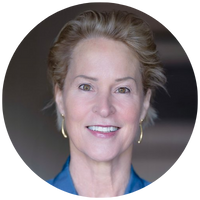
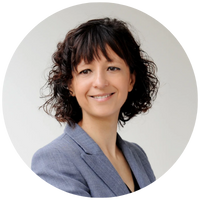
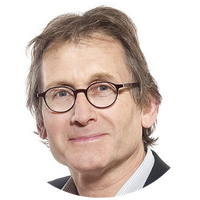
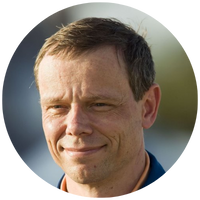
(docent) of particle physics at Stockholm University in 1991. In 2012, Fuglesang received the Royal Institute of Technology 2012 Alumni of the Year award.
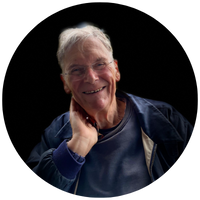
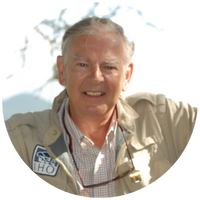
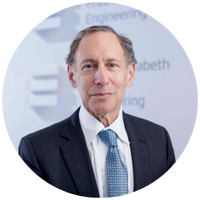
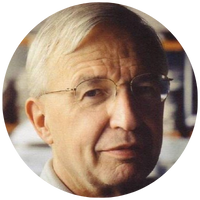
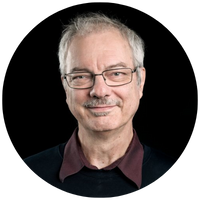
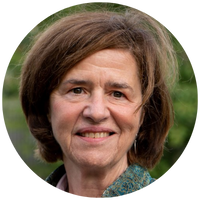
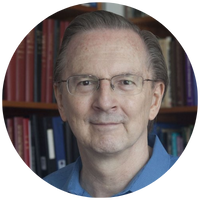
Szostak made fundamental contributions to our understanding of telomere structure and function, and the role of telomere maintenance in preventing cellular senescence. For this work Dr. Szostak shared, with Drs. Elizabeth
Blackburn and Carol Greider, the 2006 Albert Lasker Basic Medical Research Award and the 2009 Nobel Prize in Physiology or Medicine. In the 1990s Dr. Szostak and his colleagues developed in vitro selection as a tool for the isolation of functional RNA, DNA and protein molecules from large pools of random sequences. His laboratory used in vitro selection and
directed evolution to isolate and characterize numerous nucleic acid sequences with specific ligand binding and catalytic properties. For this work, Dr. Szostak was awarded, along with Dr. Gerald Joyce, the 1994 National Academy of Sciences Award in Molecular Biology and the 1997 Sigrist Prize from the University of Bern. In 2000, Dr. Szostak was awarded the Medal of the Genetics Society of America, and in 2008 Dr. Szostak received the H.P. Heineken Prize in Biophysics and Biochemistry. From 2000 until the present Dr. Szostak’s research interests have focused on the laboratory synthesis of self-replicating systems and the origin of life. For this work he received the Harold Urey Medal from the International Society for the Study of the Origin of Life in 2011, and the Wheland Medal from the University of Chicago in 2018.
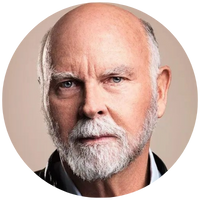
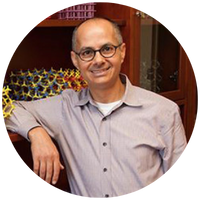
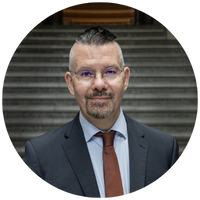
public healthcare, academia, and the business sector. He became professor of experimental endocrinology in 2009,
dean of the University’s Faculty of Medicine in 2018, and vice chancellor of Lund University in 2021. He has conducted diabetes research in Lund and Gothenburg and spent time as a postdoc in the UK. Erik Renström has also worked as a
researcher at the pharmaceutical company Novo Nordisk A/S in Copenhagen in the years 1995–1997.
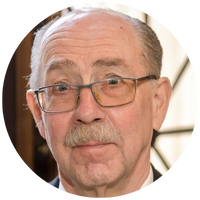
History and Economics”. Even though this initial charter of 1772 was retained, over the years additions and amendments were made. His Majesty the King of Sweden is the Patron of the Society. The aim of the Society is and has been since its establishment, to provide researchers and scholars form different disciplines the opportunity to meet and hear
presentations of new research results and to exchange thoughts and ideas. The Society was also to provide support to research within its areas of interest, among other things, by financing the publication of scientific theses.
